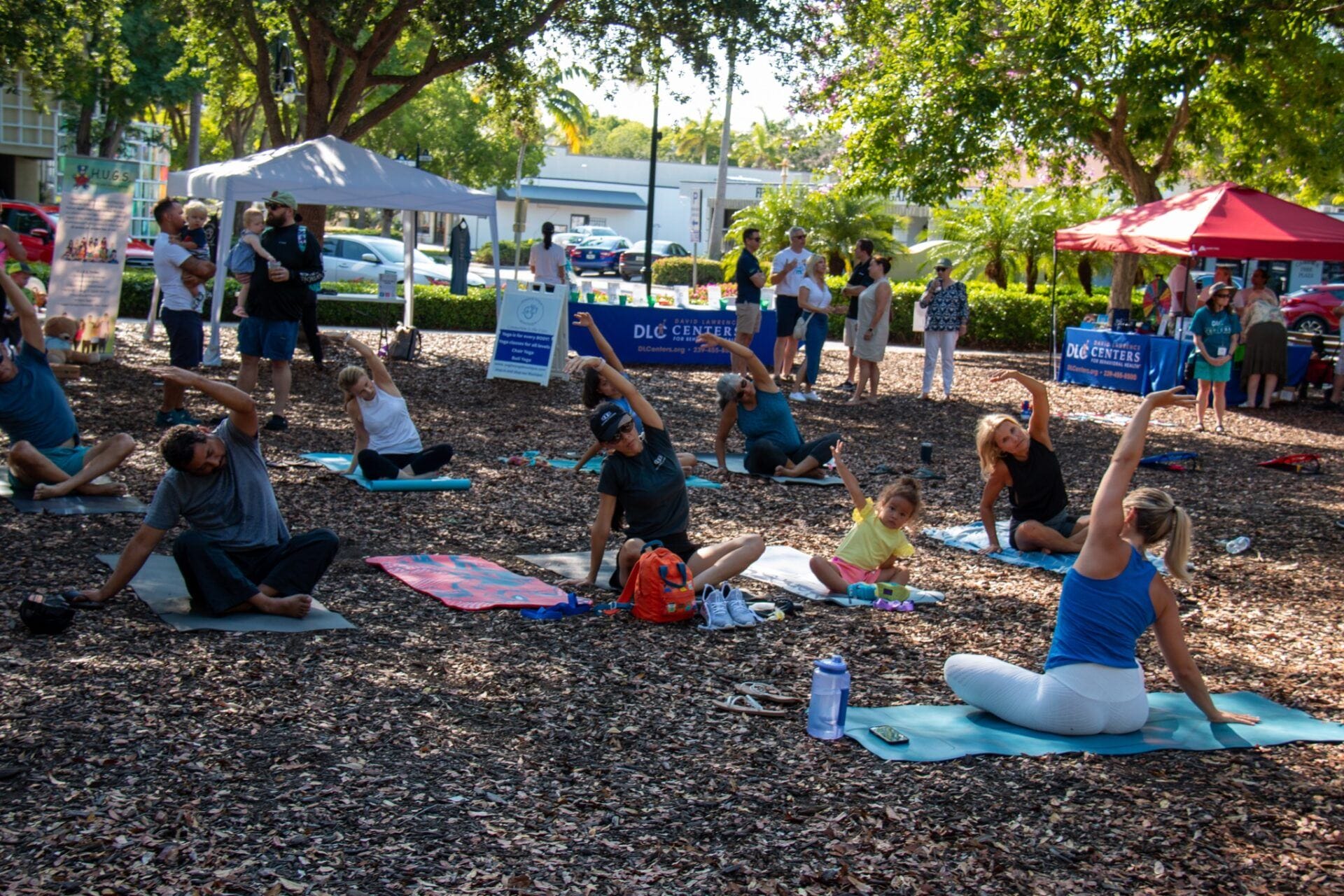
Pain Medication: 5 Signs and Symptoms of an Addiction to Pain Meds
With the recent celebrity deaths of legendary musician Prince and WWE wrestler Chyna, the general public has become increasingly aware that a fatal prescription medication overdose could happen to anyone. Although Prince’s death is still under investigation, news reports have fueled speculation that his death was a result of an overdose of the pain medication Percocet. And it’s not surprising — in 2016, the CDC reported that half of all U.S. opioid overdoses involved a prescription opioid. Because no one is immune to abusing painkillers, even when they’re prescribed, it’s important to know the red flags before it is too late for you or your loved one.
If you’re reading our post, you are already taking the right step to become educated about pain medication abuse. Read on to learn the signs and symptoms of addiction to painkillers.
1. Extreme Drowsiness
When a person has developed an addiction to pain medication, they may become extraordinarily drowsy; sometimes even nodding off without realizing it. The reality is that we all get tired from time to time, but if there is a pattern of drowsiness that emerges (for example, after they take their medication), it may be a sign that they have a problem.
2. Behavioral Changes
Behavioral changes are a huge indicator of a pain medication addiction. Is the person having severe mood swings? Are they becoming despondent or easily agitated when they aren’t able to access their medication? Are they no longer attending to their responsibilities, whether at home, work, or school? Are the showing signs of withdrawal? Pay close attention if you or a loved one just isn’t acting normally.
3. Social Changes
Whenever an individual no longer finds joy in doing things they once loved, or when they begin to isolate themselves from friends and family, it’s time to take a closer look at what’s going on. Are they spending time with new friends who engage in unhealthy activities and/or secluding themselves from loved ones? Are they dipping out on special occasions because they need their medication? These are all red flags that indicate an unhealthy habit has formed.
4. Dependency on Medication
If you or a loved one is increasing the amount and/or frequency of the medication prescribed, it is likely there may be a problem. Pain medication should only be prescribed by a physician, and the patient should be monitored closely by that physician. The doctor should also be aware if the person has been prescribed any other medications by any other doctors. Hiding that information from doctors in order to obtain different prescriptions is a sign of dependency. As a person becomes addicted to pain medication, they may find themselves reaching for the pill bottle more often than what they’ve been prescribed. Furthermore, not taking the medication can result in withdrawal, which causes a number of adverse side effects, such as muscle aches, sweating, inability to sleep, anxiety, agitation, and more.
5. Quality of Life Has Decreased
A pain medication is typically prescribed to help a patient manage pain. If it’s causing more problems than the ailment it was supposed to treat, it’s a sign that things aren’t going well. This, alongside other symptoms, can signal that help is needed.
Notice any of these signs? Get help.
If you have noticed that you or a loved one is exhibiting any of these signs, even if it is prescribed by a doctor, it’s time to take action. Although the idea of getting help may seem impossible, we have tools to help you or your loved one get into treatment.
Crossroads Rehab in Naples, Florida is dedicated to empowering individuals to heal from addiction by providing comprehensive treatment using the most innovative drug abuse treatment methods available. To learn more about Crossroads and our rehab programs in Naples, contact us today.
May 06, 2016 | Blog



